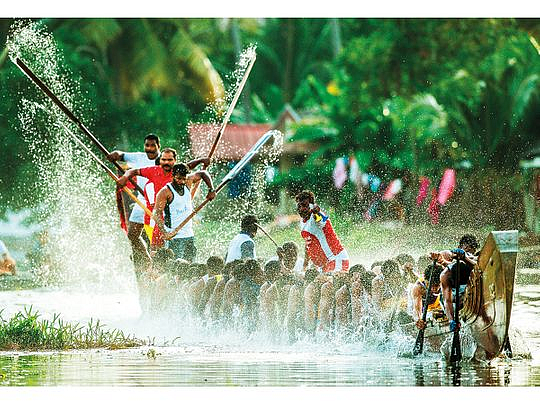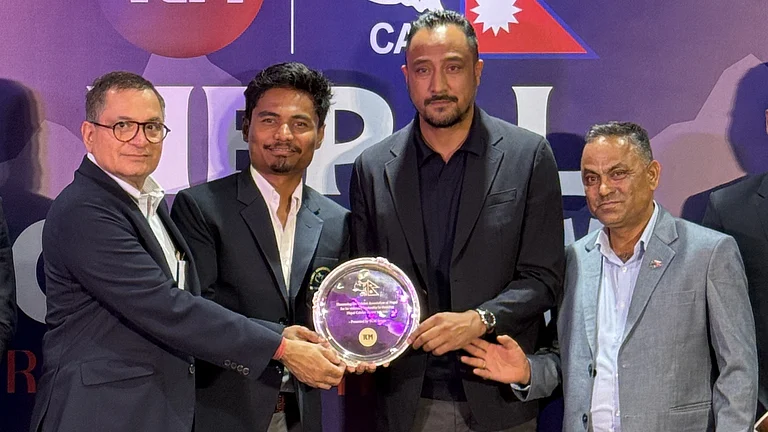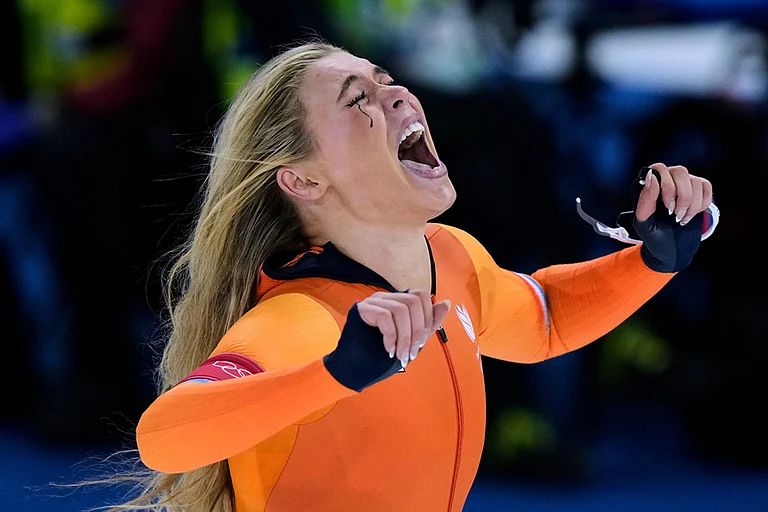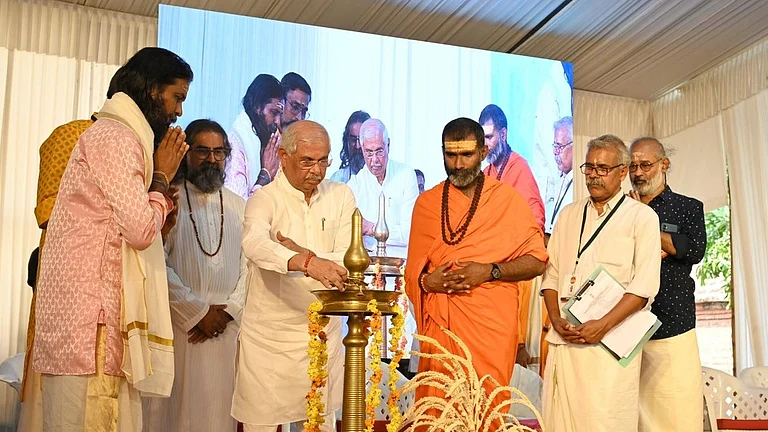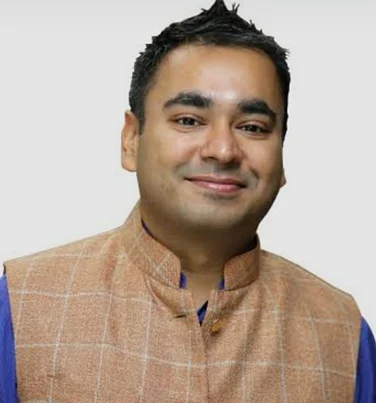Onam, the grand harvest festival of Kerala, is one that is celebrated so joyfully and enthusiastically. Of all the customs that are celebrated in this event, the Vallam Kali, i.e. traditional boat race, is the most endearing to the people. This thrilling event, which takes place on the tranquil backwaters of Kerala, is not just a spectacle of strength and skill but also a vibrant expression of the state's rich cultural heritage.
History
Historically, the Vallam Kali (boat race) is associated with the struggle of the regional rulers and their dominance in the sea. Historians suggest that these boat races were once utilized by the kings of Kerala to train their military personnel for sea battles. The snake boats or Chundan Vallams used in these races were initially built for use in war. Yet they gradually turned into objects of pride and focus on the cultural profile of a particular society.
The Vallam Kali is not simply a sporting event, it is a sociocultural activity that binds the Keralites together regardless of their differences in class status. Every boat that participates in the race comes from a certain village or community and the preparation for this event is a community affair. The boat race, thus, turns to be an embodiment of unity, togetherness towards co-operation, and communal understanding.
Prominent Boat Races During Onam Festival
During Onam, Kerala celebrates several traditional boat races, known as "Vallam Kali." Here are five prominent boat races held during the Onam festival:
1. Nehru Trophy Boat Race

Held on the Punnamada Lake in Alappuzha, this is one of the most famous boat races in Kerala. It features chundan vallams (snake boats) and attracts thousands of spectators, including tourists. The Nehru Trophy Boat Race got its name from an event during Pandit Jawaharlal Nehru's visit in 1952. Captivated by the sight of the grand snake boats, Nehru jumped onto one of them, disregarding his security detail. Later that year, he donated a silver trophy shaped like a snake boat to commemorate his experience. The race was eventually named in his honor as the Nehru Trophy Boat Race.
2. Aranmula Uthrattathi Boat Race

Event date: 18-09-2024
Venue: River Pamba
District: Pathanamthitta
Conducted on the Pampa River near the Aranmula Parthasarathy Temple, this race is part of the Aranmula Vallasadya, a religious and cultural event. The race features traditional boats called "Palliyodam."
Aranmula is a heritage village located on the banks of the Pampa River in Kerala's Pathanamthitta district. According to legend, a devout Brahmin pledged to supply everything needed for the Thiruvona Sadya, the feast held during the Thiruvonam festival.
3. Champakulam Moolam Boat Race

Venue: Champakkulam
District: Alappuzha
The oldest known boat race in Kerala, held on the Pampa River at Champakulam. It is believed to commemorate the installation of the idol at the Ambalappuzha Sri Krishna Temple.
4. Payippad Jalotsavam

Venue: Payippad backwaters
Location: Alappuzha
District: Alappuzha
A three-day water festival held on the Payippad River in Alappuzha. It commemorates the installation of the deity at the Haripad Subramanya Temple.
5. Kumarakom Boat Race

Venue: Kumarakom
Location: Kottayam
District: Kottayam
Held on the Vembanad Lake in Kumarakom, this race is popular among tourists and locals alike, showcasing the traditional "Chundan Vallams" (snake boats).
These boat races are integral to the Onam festivities and reflect Kerala's rich cultural heritage and communal harmony.







